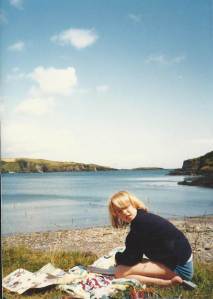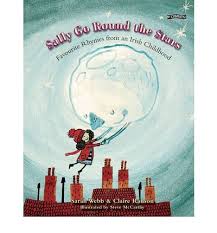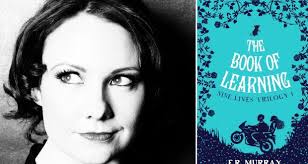Mum reading to me and my sisters, Kate and Emma (I'm on the far right)
I could live without many things – radio, newspapers, television, even ice-cream – but I couldn’t live without books.
We all read every single day. We read without even knowing we’re doing it – street signs, Facebook, text messages, corn flake boxes, recipes. It would be very difficult to navigate the world without reading. But that’s functional reading, the reading I’m talking about is far more important. It’s the kind of reading that keeps me alive.
My Dad
It all started a long time ago – when I was a very small girl. I was lucky, I grew up in a family who loved books.
My dad was a quantity surveyor and loves history books and biographies. My mum was a primary school teacher and loves short stories and novels.
My sisters, Kate and Emma also love novels. Emma is a Montessori teacher and cares for people with disabilities and Kate thinks up cool ways of marketing things. My brother, Richard is also a teacher and my grandpa was a professor.
My grandpa reading Gulliver's Travels to his grandchildren
(We're looking at the illustrations in this shot)
He and my granny were big readers too – my granny loved Mills and Boon books and used to hide them down the back of the sofa, and my grandpa read and wrote books about ancient Greece. He used to read us all kinds of books, from Gulliver’s Travels to Jason and the Argonauts, and my personal favourite, Pandora’s box.
Me reading comics at age 11
I didn’t find reading easy and I was almost ten before I read fluently, although I hid this from my teachers and family (I’m still the worst speller!). But I was lucky – I had parents and grandparents who loved books and who read to me and that made all the difference.
I fell in love with Posy, the amazing dancer in Ballet Shoes, with difficult Mary in The Secret Garden, with Sara Crewe in The Little Princess – she even had my name! I loved escaping into fictional worlds and I found new friends on the pages of my books.
Books did something else very special for me – they made me want to write, like my heroes Noel Streatfeild, Enid Blyton and Frances Hodgson Burnett.
The Magic Sofa - a book by me (age 12) inspired by Enid Blyton
I’m proud to be a reader AND a writer. These days I still find great friends in books and love getting lost in amazing fictional worlds. I hope you do too.
Do you want to be a writer? I'll let you in on a secret - read! Immerse yourself in story. Most of the writers I know, from Judi Curtin to John Boyne and Cathy Cassidy were big readers as children and teens. Drop everything and read, read, read! It certainly worked for me.
Yours in books,
Sarah XXX
This blog first appeared on Girls Heart Books website













